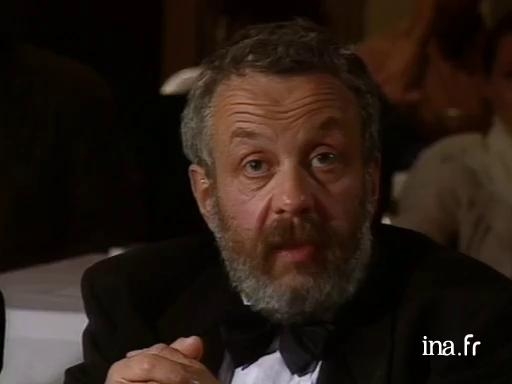Interview de Mike Leigh sur son film Naked

Information
Mike Leigh answers Michel Field's questions regarding his film Naked, presented at the Cannes festival: he talks about the ambivalence of both his film and its main character, which both represent the future of humanity, and of his willingness to speak with ordinary people and to film them in their everyday life.
Context
The basis of all work done by Mike Leigh, the British filmmaker born in 1943, is an original technique, "devising", which was handed down to him through his experience in theatre and first used for television, and which allows one to realise just how original his work is. No pre-established script: with just a summary of each scene, the director meets separately with each actor, in a sort of manner that improvises the creation and lets him remain the only one with a global view of the film being written.
In the end, Leigh's cinema truly follows the tradition of British cinema, even if he favours films centred around the middle class (High Hopes in 1988, Secrets & Lies, Golden Palm in Cannes in 1996).
However, the essence doesn't lie so much in the political denunciation as it does in stripping down human behaviour (Naked, 1993) in a very carefully thought out way, through a certain number of situations that progressively run from the mention of show biz (Topsy Turvy, 1999) to a portrait of 1950s England (Vera Drake, 2004) to an analysis of the ability to look beyond appearances.




